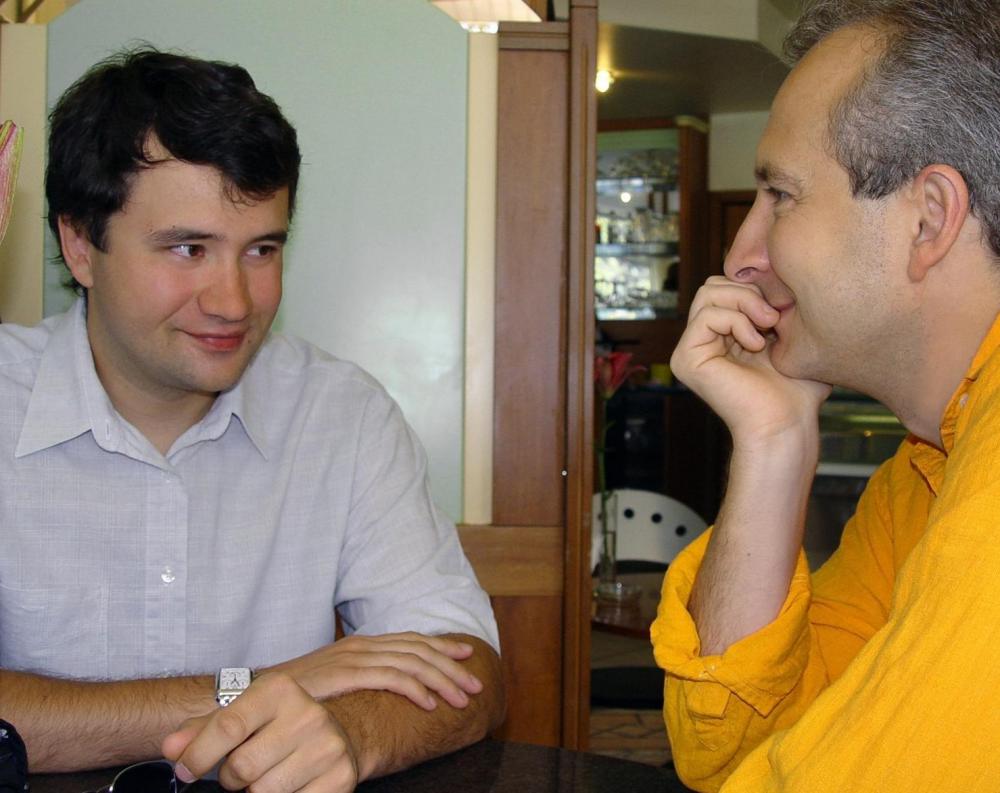At WiseGEEK, we're committed to delivering accurate, trustworthy information. Our expert-authored content is rigorously fact-checked and sourced from credible authorities. Discover how we uphold the highest standards in providing you with reliable knowledge.
What is State Law?
Countries with individual states often have legal codes for each state. These are separate from whole-country laws, and although many of them are similar, some laws are in opposition to whole-country statutes. State law speaks to many different legal areas and often establish the state’s governance structure, a criminal code, and civil statutes. People residing in the state or even visiting have to obey state law.
The federal and state law structure in the US is a good model for understanding state laws. Even when the states were colonies, it was recognized that each area needed to be able to independently govern to some extent, no matter what other government it might obey. The small matters of everyday living in a certain locale are usually best handled locally, especially in areas that comprise a huge geographic space, and particularly when travel to those areas took months.

When Britain controlled colonies in America, it would have been difficult for it to be directly involved in all everyday affairs, and a system of having laws for each colony or even smaller areas made sense. The administrators of these laws were often directly tied to British government, and given any colonial resistance, new oppressive laws could easily be written.

In creating the US, concern existed about a strong, central government that would oppress each state, so states were given a lot of freedom in constructing their own laws. Position on this has shifted throughout the centuries, with the federal government sometimes overriding state laws and other times minimizing involvement in them. One change from colonial legal structures is that state residents participate in state law creation, which was seldom a right of most colonists.

It’s hard to decide when people are subject to federal or state law. In some cases, no matter the state, federal statutes apply. For instance, federal income tax laws apply to all citizens, and certain constitutional rights can’t be overridden by a state. Many everyday legal matters, like those involving divorce or child custody, are state governed, and the majority of crimes committed within a state are prosecuted according to that state’s laws. The federal government prosecutes crimes that occur over more than one state.
There are noted discrepancies between federal and state law on similar issues. For example, some of the state statutes that permit medical marijuana use conflict with federal laws, and people in possession of marijuana could be acting in compliance with state standards, while violating federal ones. The federal government determines if it will ignore purposeful violation of its rules, or not, and this may change with different political groups in power.
Also, states don’t necessarily have to honor each other’s laws. Drivers from California have found this out when receiving tickets for making right turns against a red light in Nevada. Married same-sex couples in one state aren’t necessarily married in another. Basic property rights in a divorce may change based on state residence.
AS FEATURED ON:
AS FEATURED ON:













Discussion Comments
The concept of federalism and the rights of federal laws over those of the states has been debated since the beginning of this country and I hope that it never stops. It is actually a concern to me that we could ever actually stop the analysis of what rights should be kept where.
The flexibility that is inherent in our legal system must stay intact. Only when we stop debating and convince ourselves that we have found the perfect balance should we consider drastic action as in no point in time can the government of man be flawless enough to be deemed unchangeable.
This false thought that we as humans could achieve some sort of ultimate rule over ourselves would negate god and I don't' think that many of the people in our world could consciously agree to that, even if it would make our world a more peaceful place to live.
I think that there is obviously both upsides and downsides to the federalist government we live in. Both of the previous comments layout great examples of how this can both benefit us and hurt us as the same time. I think that it is important that we stay actively involved in the federal governments role so that we can always keep an eye out for unjust use of enforcement by the government bodies.
It would almost seem as thought we need some alternative measure or way to balance the federal and state powers. Only when we can get best of both worlds will the government be truly serving the interest of the people that make up the population. It is after all about the people, right?
@CoffeeJim, I have to completely disagree with you in your analysis of what the federal governments role is in medical marijuana and other related federalist issues. The simple reason that the federal government's rule supersedes that of a local county or state government is the fact that the federal government is our last line of defense in the use of our rights.
You are right about the irony in the fact that this type of federalism is intended to protect the rights of individuals but it has in the past, is currently and will continue into the future to actually take away rights of people instead.
Despite this problem, there are many advantages to making sure the federal government takes a jurisdictional lead over the other state government action. This is a simple reason and that reason is because of the unjust laws that are sometimes passed by states that simply discriminate against the minority.
A good example of this is the Jim Crowe laws of the southern United States during the 1920's and 30's. When black people were subjected to the downright discrimination and hate that was literally enforced at a local level, it was the federal intervention and civil rights laws that allowed for these groups of minorities to finally realize the amazing benefits of just citizenship.
The biggest concern I have with the way that the states deal with their individual laws is the fact that the Federal government supersedes the jurisdiction of these more localized government actions. Simply put, if the federal government prohibits something, it is prohibited, even if you individual state law speaks otherwise you are still under the enforcement of law on a national level.
A prime example of this is the use of medical marijuana in certain states. Luckily since George W. Bush left office, the Obama administration has stated that they have no intention of coming after the medical marijuana providers in California and other medical states. Despite this, the Drug Enforcement Agency is still at it with the closing of local cooperatives that provide the illicit substance to those with a doctor's recommendation.
This absolute contradiction in the rule of law has created chaos in the court system as how to deal with the medical marijuana conundrum. It seems obvious to me that the effects of the drug could certainly help people that are suffering from glaucoma, AIDS wasting and cancer treatments. The weirdest part is that even though many doctors understand that there is a significant impact that cannabis can have to the quality of life of certain people, our federal government does not acknowledge any medicinal benefit what so ever.
Post your comments